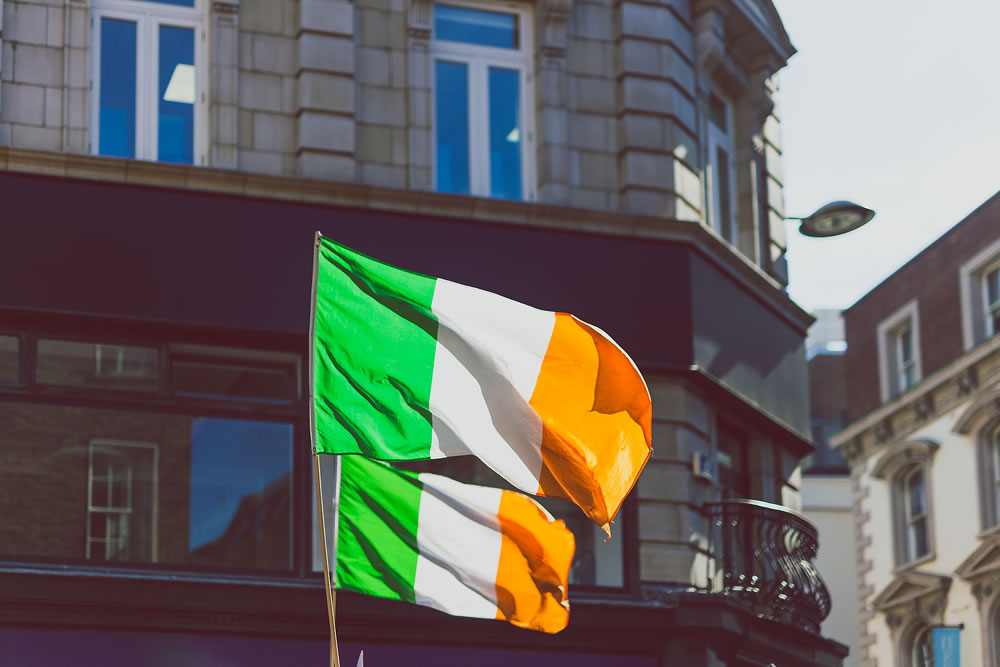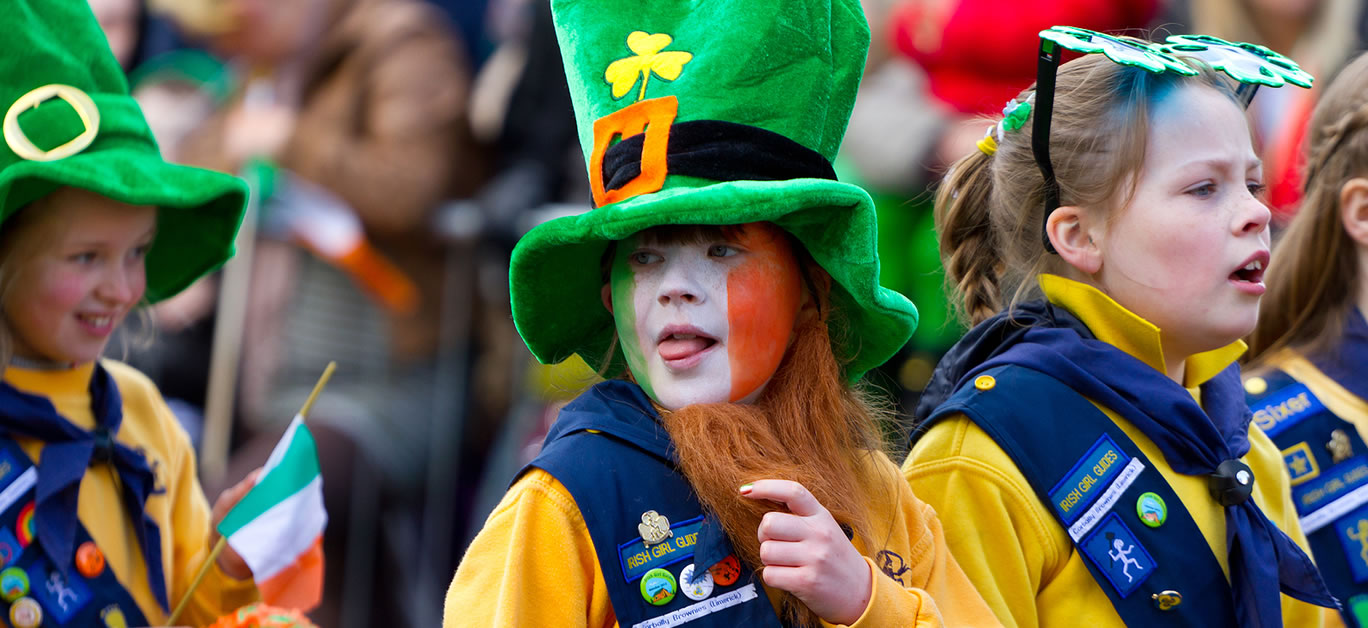Wherever you live in the world, you’ve likely heard of St. Patrick’s Day – the widely celebrated date that originated in Ireland in honour of St. Patrick, and has since become reason for huge parties and events globally. If you enjoy a flutter or two at the races then perhaps you’ve already joined the scores of Irish who flock to the annual Cheltenham Festival to mark the occasion, which coincides with the event each year, with a week of trackside action, eye-watering betting and splashing the cash with no holds barred throughout.
From America to Australia, there’s barely a nation that hasn’t added St. Patrick’s Day to the calendar over the years, and 17th March has fast become one of the most anticipated events of the spring – but how exactly did this Irish national holiday become a global phenomenon?
Then
A commemoration of Irish culture and history, St. Patrick’s Day is a national holiday in the Republic of Ireland and Northern Ireland, and while it was once a religious holiday, it now comes across as quite the opposite – marked with parades, dancing, food and drink, with party-goers dressed in green.
St. Patrick is regarded as Ireland’s patron saint, and was born in Britain in the late fourth century. Kidnapped aged just 16 and taken to Ireland to work as a slave, he later escaped and decided to train as a priest, before returning to Ireland as a Christian missionary. Today, he is remembered for bringing Christianity to the country.

Now
St. Patrick’s Day has played a significant role in the restoration of Ireland’s reputation globally. Every year, the celebrations provide an opportunity for Ireland to take to the world’s stage, making use of its slice of the spotlight to discuss its progress and future plans, as well as sharing its rich and exciting culture and innovation.
Each year, millions of people flock to Ireland to celebrate Saint Patrick’s Day – but its spread has gone both ways. Immigrants from Ireland have helped spread the Irish culture and introduce St. Patrick’s Day celebrations to many parts of the world, and these days, several states in the US hold some of the biggest festivals every year.
During the celebrations, Ireland sends its ministers to different cities around the globe in a series of programmes focused on trade, tourism, and other investment-focused programs. Part of a larger coordinated promotional effort under the leadership of Ireland’s Embassy network, Tourism Ireland, Enterprise Ireland, IDA, and other state agencies, there has been plenty of skepticism surrounding these efforts – but nonetheless, the state agencies continue to view Saint Patrick’s Day celebrations as a heaven-sent opportunity to promote Ireland in other parts of the world, and have shown no signs of changing the current strategy.
Agencies argue that if they have iconic sites around the world like the London Eye, Pyramids, Treasury in Petra, the Statue of Christ the Redeemer, and the Sydney Opera House go Green, it means they have the attention of the world – and so far, it seems to be doing the trick.

What takes place during the visits?
The state agencies have previously helped to organise over 180 public diplomacy events that attracted over 85,000 participants in one year alone, where they promoted ‘The Gathering’ and Irish cultural practices. The Ministers and ambassadors address the gatherings directly, delivering critical promotional messages in their speeches that are coordinated across state agencies and the government, with the forums leading to the creation of new opportunities for Irish exporters and inward investments in the country.
Maintaining a good reputation globally is a challenge for any nation, but for Ireland, St. Patrick’s Day presents a valuable opportunity to set the record straight and let the world know who they really are. The country has also seen success in attracting investors from around the world for its upcoming projects and business endeavours, and in promoting its tourism industry – boosting its economy and driving up revenue no end.
In promoting tourism, investment, and trade, interviews with international media have helped them to reach an audience of millions worldwide, ultimately attracting investors and business partners from everywhere from Saudi Arabia and Brazil to China.

Access
Thanks to St. Patrick’s Day, Ireland has gained access to the White House and the US Congress, and the efforts surrounding the occasion have also opened doors into other countries that the ministers have visited on diplomatic missions during the celebrations.
Not only that, but the global efforts have also paved the way for Ireland to broadcast messages about the business opportunities it offers on platforms like the London Stock Exchange, the New York Stock Exchange, and the US Chamber of Commerce Hq, giving Ireland a platform at the biggest cash equities market in the World in Paris, Seoul Finance Forum, the Frankfurt School of Business and Management, and the Chicago Federal Reserve.
The bottom line
According to the Irish government, the benefits that come with the efforts made each year during St. Patrick’s Day celebrations are monumental, with an impressive return on investment made. Many investors are coming into the country to explore opportunities, and the Irish Tourism industry has experienced continual growth every year since they began.
While there is no doubt that St. Patrick introduced Christianity to the Irish people, what he actually gave them was a whole lot more – and that, in itself, is more than enough reason to celebrate with a pint of Guinness or two come the big day.






















